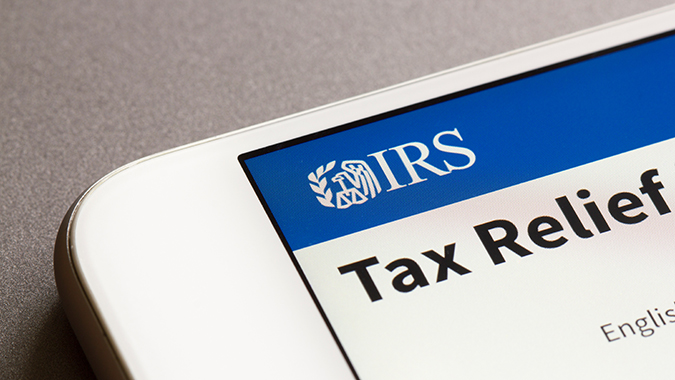Reminder: File 2019 and 2020 returns by Sept. 30 to get COVID penalty relief

The Internal Revenue Service today reminded struggling individuals and businesses, affected by the COVID-19 pandemic, that they may qualify for late-filing penalty relief if they file their 2019 and 2020 returns by September 30, 2022.
Besides providing relief to both individuals and businesses impacted by the pandemic, this step is designed to allow the IRS to focus its resources on processing backlogged tax returns and taxpayer correspondence to help return to normal operations for the 2023 filing season.
“We thought carefully about the type of penalties, the period covered and the duration before granting this penalty relief. We understand the concerns being raised by the tax community and others about the September 30 penalty relief deadline,” said IRS Commissioner Chuck Rettig. “Given planning for the upcoming tax season and ongoing work on the inventory of tax returns filed earlier this year, this penalty relief deadline of September 30 strikes a balance. It is critical to us to not only provide important relief to those affected by the pandemic, but this deadline also allows adequate time to prepare our systems and our workstreams to serve taxpayers and the tax community during the 2023 filing season.”
The relief, announced last month, applies to the failure-to-file penalty. The penalty is typically assessed at a rate of 5% per month, up to 25% of the unpaid tax, when a federal income tax return is filed late. This relief applies to forms in both the Form 1040 and 1120 series, as well as others listed in Notice 2022-36, posted on IRS.gov.
For anyone who has gotten behind on their taxes during the pandemic, this is a great opportunity to get caught up. To qualify for relief, any eligible income tax return must be filed on or before September 30, 2022.
Those who file during the first few months after the September 30 cutoff will still qualify for partial penalty relief. That’s because, for eligible returns filed after that date, the penalty starts accruing on October 1, 2022, rather than the return’s original due date. Because the penalty accrues, based on each month or part of a month that a return is late, filing sooner will limit any charges that apply.
Unlike the failure-to-file penalty, the failure-to-pay penalty and interest will still apply to unpaid tax, based on the return’s original due date. The failure-to-pay penalty is normally 0.5% (one-half-of-one percent) per month. The interest rate is currently 5% per year, compounded daily, but that rate is due to rise to 6% on October 1, 2022.
Taxpayers can limit these charges by paying promptly. For more information, including details on fast and convenient electronic payment options, visit IRS.gov/payments. Penalty and interest charges generally don’t apply to refunds.
The notice also provides details on relief for filers of certain international information returns when a penalty is assessed at the time of filing. No relief is available for applicable international information returns when the penalty is part of an examination. To qualify for this relief, any eligible tax return must be filed on or before September 30, 2022.
Penalty relief is automatic. This means that eligible taxpayers who have already filed their return do not need to apply for it, and those filing now do not need to attach a statement or other documents to their return. Generally, those who have already paid the penalty are getting refunds, most by the end of September.
Penalty relief is not available in some situations, such as where a fraudulent return was filed, where the penalties are part of an accepted offer in compromise or a closing agreement, or where the penalties were finally determined by a court.
This relief is limited to the penalties that the notice specifically states are eligible for relief. For ineligible penalties, such as the failure-to-pay penalty, taxpayers may use existing penalty relief procedures, such as applying for relief under the reasonable cause criteria or the First-Time Abate program. Visit IRS.gov/penaltyrelief for details.
This relief doesn’t apply to 2021 returns. Whether or not they have a tax-filing extension, the IRS urges everyone to file their 2021 return soon to avoid processing delays. For filing tips, visit IRS.gov.
